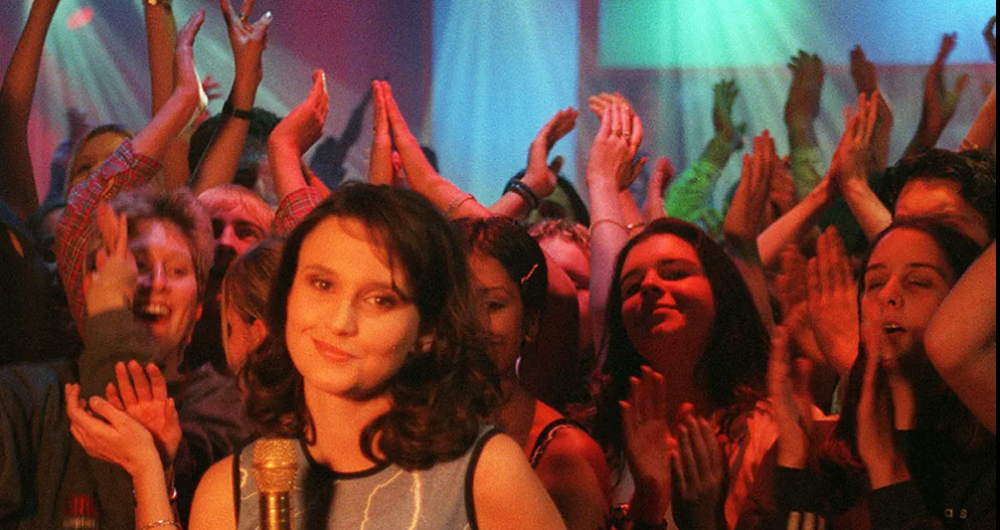Researchers have uncovered details of long-forgotten ballads to create a 17th-century pop chart – with Buckingham making it into the top ten.
The Sale of Esau’s Birth Right, Or, The New Buckingham Ballad caused a sensation in the months between August 1679 and May 1680, a run even Harry Styles would be proud of.
The New Buckingham Ballad was privately printed in the wake of the second parliamentary elections of the year for the borough.
Buckingham was the epitome of the corrupt political system of the time and the ballad became an instant success.
The ballads were collected and organised by Christopher Marsh and Angela McShane, historian professors at the University of Belfast and the University of Warwick, respectively.
“We put together a website that essentially has recorded and done the histories of 120 songs which were the top songs of the seventeenth century and there is a tremendously complicated but rigorous methodology of how we came up with the positions.” said Angela McShane as she spoke to Buckingham News.
The 345-year-old folk song was privately printed in the wake of the second parliamentary elections of the year for the politically corrupt borough.
“It was known at the time as The Buckingham Ballad, that’s what everybody called it because a lot of people wrote about it. It’s remarkable it got to number seven, because they are songs which had been around for 100 years, but there we so many copies of it and lots of records of it being performed.
“We have multiple revolutions, we chop the head off a king, we bring another one back, we throw another one out, and get another one in. We are very busy politically in the seventeenth century and this song plays an important role in all that.
“What’s brilliant from a Buckingham point of view is that there are a number of characters who are involved with it, but also we know of a number of pubs which were involved.”
More than 30 copies of Buckingham’s hit single have been recovered by the British academy funded academics. But historians like Angela and Christopher hope for many more in the future.




